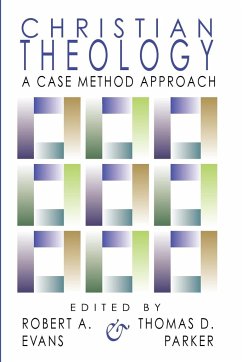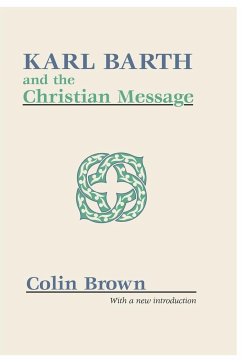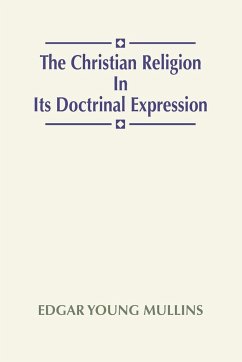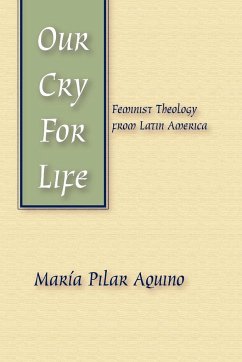A major teaching breakthrough, Christian Theology: A Case Method Approach bridges the gap between the theological reflection and human experience and encourages fruitful dialogue between divergent interpretations. Organized around central motifs in the Apostles' Creed, nine actual cases on contemporary themes have been prepared by experienced case writers. These cases represent a variety of issues which call for a response: hunger and faith, language and commitment, doubt and death. The goal of each is to relate Christian theology to a real life situation. But how reach this goal? This is the core question, and it provides the still point around which the discussions revolve. A total of thirty four theological briefs by representatives of major traditions and perspectives reflect on the cases involved and the issues to be resolved.
Hinweis: Dieser Artikel kann nur an eine deutsche Lieferadresse ausgeliefert werden.
Hinweis: Dieser Artikel kann nur an eine deutsche Lieferadresse ausgeliefert werden.








